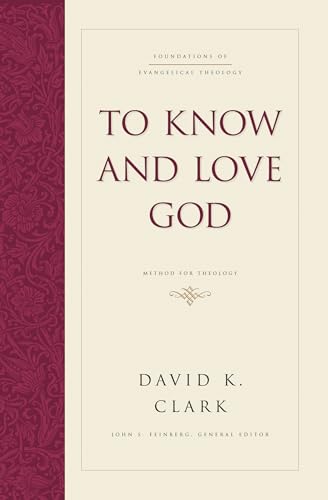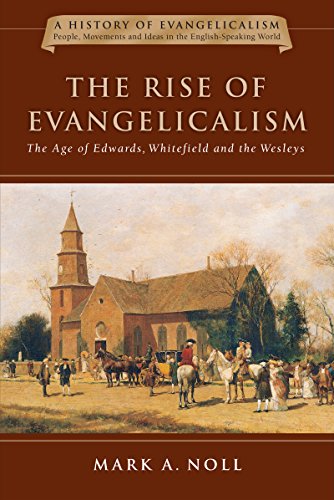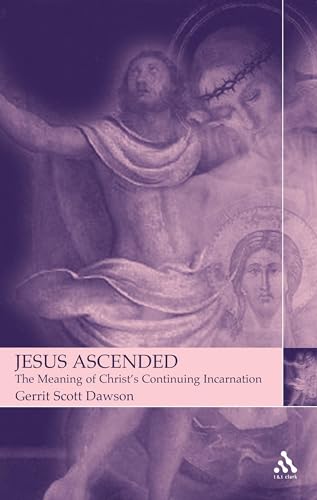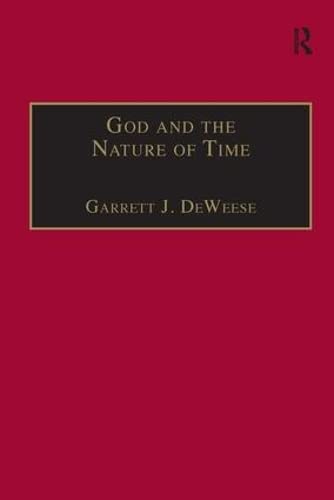This is the first book in a new series on systematic theology edited by John S. Feinberg. As a first volume this sets the tone for what it is hoped will follow. David Clark deals with method in theology and writes with breadth and attention to detail. The series aims to relate systematic theology to contemporary issues and be sensitive to its subservient role in relation to Scripture. Sometimes systematic theology has been elevated to the detriment of the Bible. Clark humorously points out that the Bible is more than just an ‘unsorted edition of Calvin’ (95). It is the Bible itself—not abstract principles—that is authoritative, and the systematic theologian should be mindful of this.
In regard to method, Clark outlines with sophistication a dialogical approach to reason and revelation, ‘In light of cultural and life issues and concerns, a theologian listens to Scripture, then develops tentative hypotheses, and then goes back to the Bible in a dialogical movement’ (51). There is of course, nothing controversial in this proposal, but Clark covers it with exhaustive detail. He deals with the authority of Scripture, epistemology, science, philosophy of language and religious pluralism. In each case he remains faithful to evangelical convictions, but demonstrates an interest in hearing what is being said in the wider world and taking on board new insights.
Cutting through a debate that has sometimes divided evangelical theologians, he argues that, ‘It is misleading to force a simple decision about whether reason or revelation comes first in a line of reasoning’ (86). Both factors shape each other and the proper Christian response is to show a degree of humility in submitting conclusions to the authority of Scripture. Theology is always a work in progress.
The North American context of the author is inescapable. Clark describes the historical development of evangelicalism and current controversies in this western setting. However, he is also conscious of how parochial this context can be. Too much concern with internal evangelical disputes has led to an ‘increasingly ingrown discourse’ (420). Systematic theology must be much bolder in facing up to the wider issues of contemporary culture. A section on the relationship of Christianity to the world religions is a good example of this cultural engagement. Theologians are entitled to presuppose the authority of Scripture in their work. However, this presupposition must still be established and defended in the light of various critiques. Such a dialogue enables evangelical, theology to be ‘in the academy, but not of it’ (204). It also preserves evangelicals from a methodological laziness.
Running through this work on theological method is a call for a more holistic approach to the study of God’s word. Theology must be doxology if it is to be truly biblical. While there is a proper distinction between orthodoxy and heresy, David Clark notes the narrowness of some evangelical theology; ‘Mean-spirited but theologically correct Christians are a plague. So if theology only defines boundaries, it easily falls into dead orthodoxy. The church desperately needs good theology—good both in content and in tone—precisely because the Lord intends that the church become a fully functioning and spiritually healthy community called the body of Christ’ (232). The values and principles outlined in this book will certainly contribute to this goal.
Chris Sinkinson
Moorlands College, Christchurch






